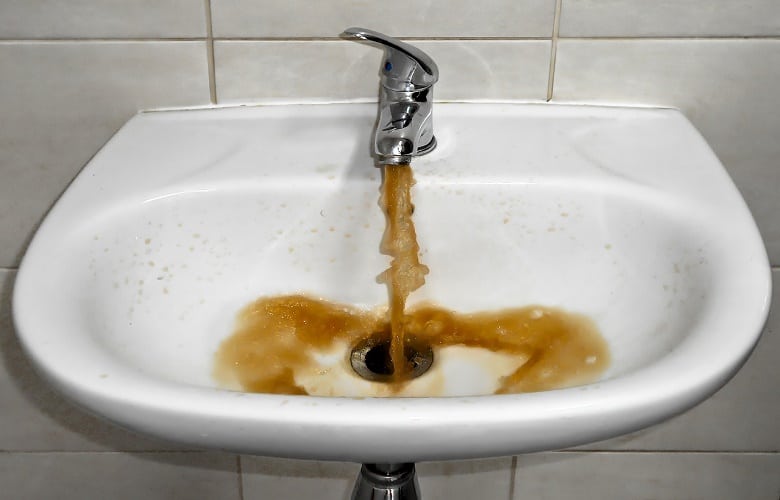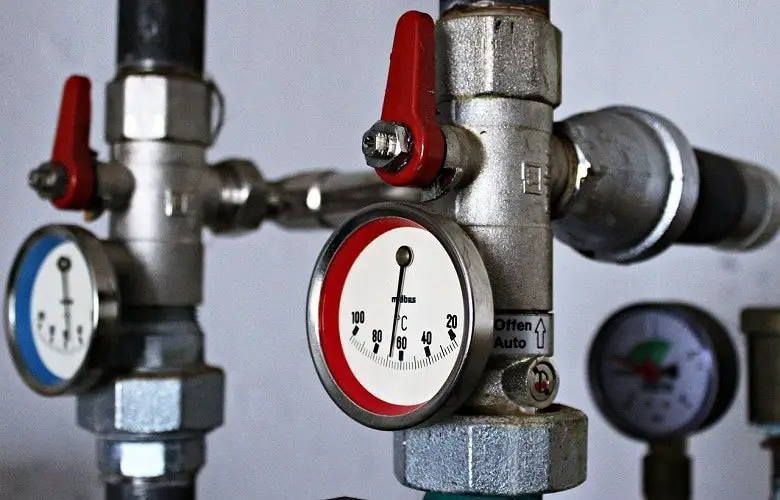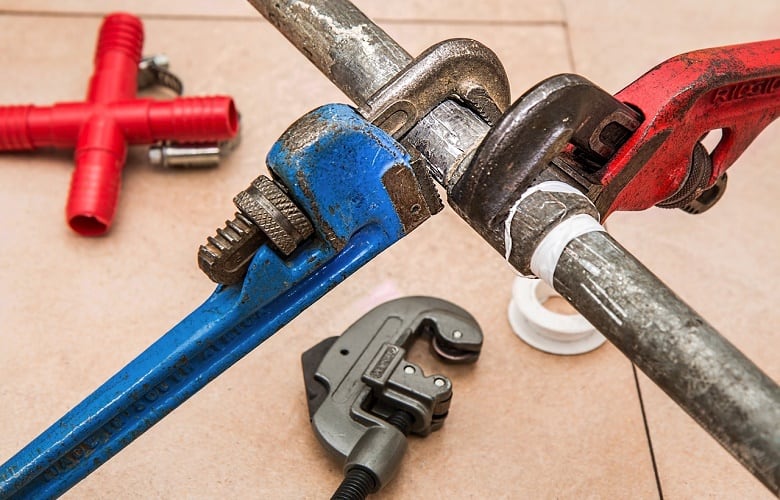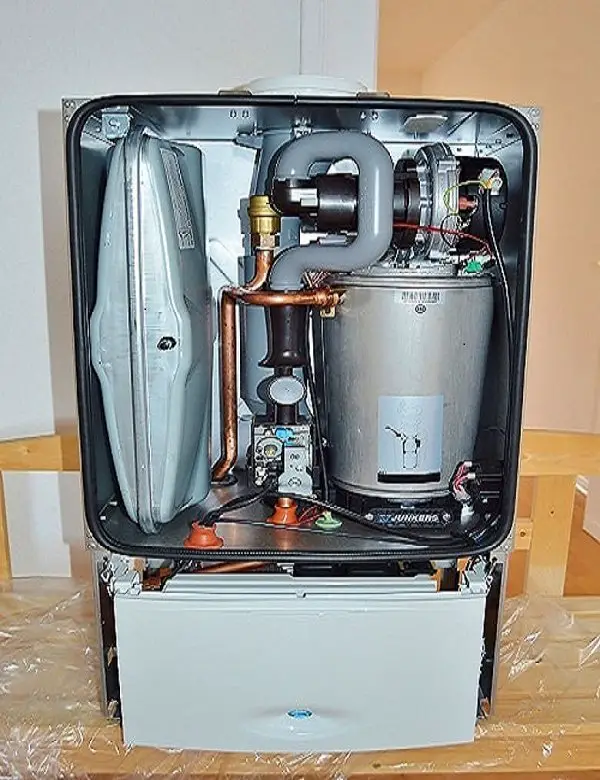This guide will take you through some of the six common signs your water heater is going to explode sooner or later.
Water heaters are the source of the many hot showers we take more often at home, hot water we use for cleaning our utensils as well as sanitize our cloths.
In this regard, it is imperative to take care of the units, which are the source of hot water.
Both gas and electric water heaters stand an equal risk of exploding and causing damage.
Water heaters are waiting time bombs with the risk of exploding and causing physical injuries, tearing houses apart, and even sometimes death.
Research dating as recent as February 2020 details stories of such incidences. It happened in Russia, California, and Alaska to name a few occurrences.
All in all, don’t let the incidences deter you from buying and enjoying your hot showers.
The explosions will commonly occur in systems that are not well maintained, with no regular check-ups and those who ignore the warning signs.
Below are some of the signs your water heater is going to explode.
(Read more on the best water vacuum cleaner)
(Read more on how to divert water runoff from neighbors yard)
6 Signs Your Water Heater Is Going To Explode
Because of the damages involved with water heater explosions, I will explore a few signs your water heater is going to explode.
If, by any chance, you come across or notice any of the signs below, kindly call a professional to come and check your water heater system right away.
1. A Rotten Egg Smell
The gas we use in our homes it’s not odorless, meaning we can always tell when there is a leakage.
The smell is usually overpowering; it smells like rotten eggs or sulfur.
We all know what happens when gas and flame come into contact.
On this note, if you smell gas and especially near your water heater, first and foremost, switch the gas off immediately.
After switching off the gas, call a professional to come and have a check straight on.
2. Continuous Popping And Knocking Sounds.
When used for a prolonged period without draining at least two times in a year, sediments are bound to build at the bottom of the tank.
Mostly happens to areas where water is hard, meaning it has a lot of deposits. For such cases, it is advised to have a water softener installed.
Please do not be confused, water heaters do produce some sound.
Nevertheless, if you can hear a popcorn machine sound like from your water heater, it means your system is about to fail, and its high time it gets checked.
It’s prevalent for sediment to build overtime at the bottom of the tank where the burner is.
What this means is that the water heater will work double-time to get the water hot.
The popping sounds you hear are nothing more but air bubbles escaping from underneath the sediment.
With this sign, your tank may not serve you for long without a bust.
3. Brown Rusty Water

The water we use at home should be odorless, colorless, and transparent.
Nevertheless don’t be surprised if you notice some brown water coming out of your unit.
Brown water from a water tank is an indication of rust, which more than often causes water heaters to fail.
Rust is a water heater enemy. Brown rusty water is also not good for our health, as the build-up sediments may always harbor harmful bacteria inside.
Fortunately, on the other hand, we have water heaters that come installed with an anode.
An anode rode attracts water molecules which are solely responsible for rust in our tanks and heaters.
Even though they can serve the purpose for several years, they will eventually wear out, and the rust will end up destroying your tank.
When this happens, the tank bursts are likely to occur.
If possible, have your unit serviced or replaced whichever the plumber will advise.
4. Leaking Pressure Valve

A pressure relief (P&V) valve is a security feature installed to control the pressure inside your heater tank.
The valve is made in a way that it opens and discharges pressurized fluid until the pressure inside the tank drops to acceptable levels.
The valve is commonly installed at the top of the heater.
It opens when the pressure inside the tank is exceptionally high, releasing out the excess tension.
Occasionally the valve may leak some water.
Nevertheless, if it consistently keeps on releasing water, it means the pressure or heat inside the tank is too much.
Too much pressure may lead to the bursting of your tank or breakdown of the whole heating system.
Therefore, a constant leaking pressure valve is one of the critical water heaters signs you should be on the lookout for at home.
It is a crucial indication the valve can no longer handle the pressure inside the tank and is one of the most common causes of tank explosions.
5. Botched Installations.

Botched installation entails the poor quality of work.
The poor work includes water heaters that have been installed poorly or in a rush.
In most cases, the installations have been done by someone who is not qualified to do so.
The result of such workmanship is compromised installation.
When the installation is done poorly, there are high chances of gas leakage, a buildup of pressure in the tank, and poorly installed heaters.
Poor installations can also lead to corrosion of water heaters, which in turn can lead to a short circuit of the whole system.
Therefore, if you suspect your heating system has been done poorly, kindly do not take it lightly.
Please have a specialist have a look at it.
6. A Leaking Tank
A leaking tank is a warning sign which should not be taken lightly.
If a tank is leaking, especially from the bottom, is a sign that the tank is severely deteriorated either due to damage or age.
Leaking cracks should be fixed as soon as possible to prevent more leakages as well as avert a potential explosion.
If you notice such leakages from your water heating system, it is essential to have a professional to come and fix it.
Final Thought On The Signs Your Water Heater Is Going To Explode
Above are some of the significant signs your water heater is going to explode, and the signs should not be taken lightly.
Just like any other home-related appliances, regular maintenance is the only solution to ensure your unit is functioning correctly.
Therefore, if you notice any of the signs discussed above, I highly recommend you call the water heating professional.

